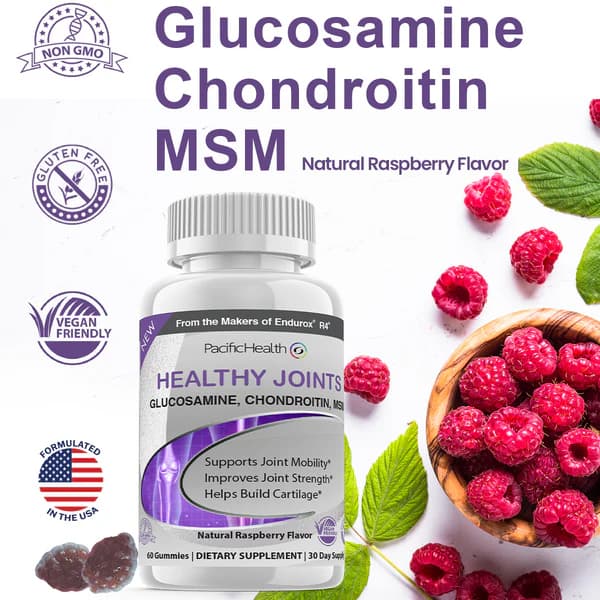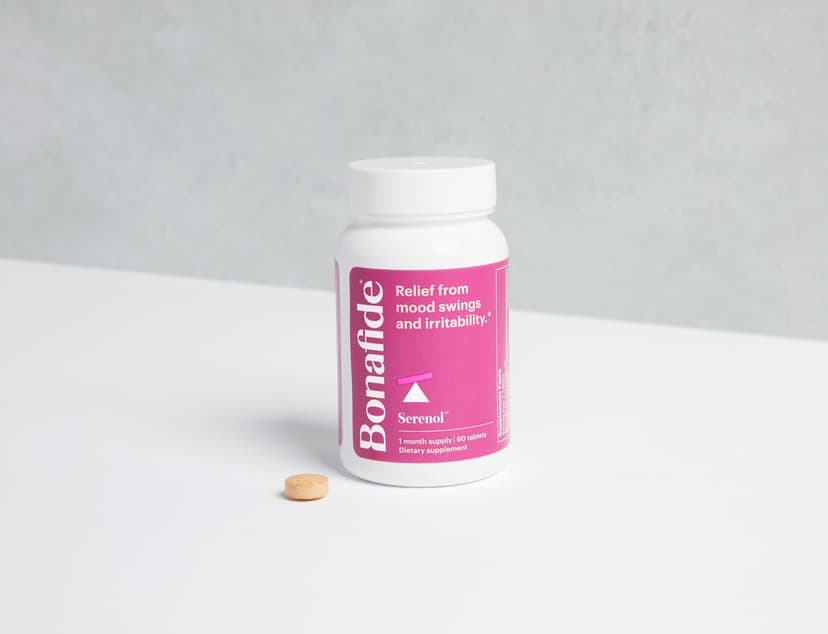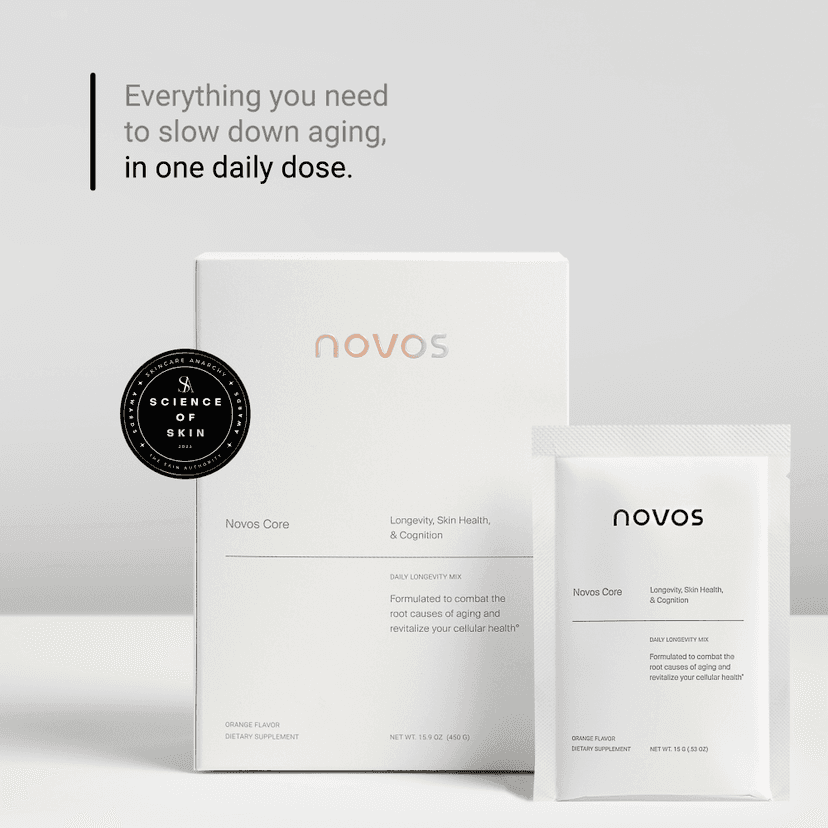Taking care of your skin is key to looking younger and feeling good. It's not just about using the right products; it's about knowing your skin type, following a daily routine, staying hydrated, protecting yourself from the sun, and making healthy lifestyle choices. With the right tips and habits, you can keep your skin glowing and youthful for years to come.
Key Takeaways
- Understand your skin type to choose the best care routine.
- Follow a daily skin care routine with morning and night steps.
- Stay hydrated by drinking water and using moisturizing products.
- Protect your skin from the sun with the right sunscreen and habits.
- Look for anti-aging ingredients like retinoids and antioxidants in your products.
Understanding Your Skin Type
Identifying Oily vs. Dry Skin
Knowing whether your skin is oily or dry is the first step in creating an effective skincare routine. Oily skin often looks shiny and may feel greasy, especially in the T-zone (forehead, nose, and chin). On the other hand, dry skin can feel tight, rough, and may flake. To identify your skin type, wash your face and wait an hour without applying any products. If your skin feels tight, it's likely dry. If it looks shiny, it's probably oily.
Combination Skin Explained
Combination skin is a mix of both oily and dry areas. Typically, the T-zone is oily while the cheeks remain dry. This skin type requires a balanced approach to skincare, using products that can address both dryness and oiliness without causing irritation.
Sensitive Skin Considerations
Sensitive skin reacts easily to products and environmental factors. It may become red, itchy, or inflamed. If you have sensitive skin, it's important to choose gentle, fragrance-free products and to patch-test new items before applying them to your entire face.
Understanding your skin type is crucial for selecting the right products and creating a skincare routine that works for you. Consult a healthcare provider for personalized advice.
Daily Skin Care Routine
Morning Routine Essentials
Start your day with a gentle cleanser to remove any impurities that have built up overnight. Follow this with a vitamin C serum to brighten your skin and protect it from environmental damage. Don't forget to apply a moisturizer to keep your skin hydrated throughout the day. Finally, apply sunscreen to shield your skin from harmful UV rays.
Nighttime Skin Care Steps
In the evening, cleanse your face again to remove makeup, dirt, and oil. Apply a retinol product to help with cell turnover and reduce signs of aging. Follow up with a moisturizer to keep your skin hydrated while you sleep.
Weekly Treatments to Incorporate
Incorporate weekly treatments like exfoliation and masks into your routine. Exfoliating once or twice a week helps remove dead skin cells, while masks can address specific skin concerns like hydration or acne. Make sure to choose products that suit your skin type for the best results.
Consistency is key in any skin care routine. Stick to your daily and weekly regimen to see the best results over time.
Importance of Hydration
Benefits of Drinking Water
Drinking enough water is crucial for keeping your skin looking fresh and youthful. Aim for at least 8 glasses of water a day. Staying hydrated helps your skin stay plump and reduces the appearance of fine lines and wrinkles. Dehydration can make your skin look dull and dry, so make sure to drink water regularly.
Hydrating Skin Care Products
Using the right skin care products can also help keep your skin hydrated. Look for moisturizers that contain humectants and emollients. Humectants draw water from the air to your skin, while emollients help lock in that moisture. This combination helps your skin feel soft and supple.
Foods That Promote Skin Hydration
Eating the right foods can also help keep your skin hydrated. Foods high in water content, like cucumbers and watermelon, are great choices. Additionally, foods rich in omega-3 fatty acids, like salmon and flaxseeds, can help maintain your skin's lipid barrier, keeping it hydrated from the inside out.
Hydrated skin not only looks better but is also stronger and better able to fight off irritants. Make hydration a priority in your daily routine to enjoy healthier, more youthful skin.
Sun Protection Strategies
Choosing the Right Sunscreen
Selecting the right sunscreen is crucial for effective sun protection. Always opt for a broad-spectrum sunscreen with an SPF of at least 30. This ensures protection against both UVA and UVB rays. Remember to apply sunscreen generously to all exposed skin and reapply every two hours, or more often if swimming or sweating.
Daily Sun Protection Habits
Incorporate sun protection into your daily routine to keep your skin safe. Here are some essential habits:
- Avoid the sun between 10 a.m. and 4 p.m., when its rays are strongest.
- Seek shade whenever possible, especially during peak hours.
- Wear protective clothing, such as long-sleeved shirts, pants, and wide-brimmed hats.
- Use sunglasses with UV protection to shield your eyes.
Consistent sun protection can significantly reduce the risk of skin damage and premature aging.
After-Sun Skin Care Tips
Taking care of your skin after sun exposure is just as important. Follow these tips to soothe and repair your skin:
- Apply aloe vera or a soothing moisturizer to calm sunburned skin.
- Stay hydrated by drinking plenty of water to help your skin recover.
- Avoid further sun exposure until your skin has healed.
- Consider using products with antioxidants to repair sun damage.
Anti-Aging Ingredients to Look For
Retinoids and Their Benefits
Retinoids, which include retinol, tretinoin, and tazarotene, are vitamin A derivatives. They are known for their ability to increase collagen production in the skin, which helps reduce the appearance of fine lines and wrinkles. Retinoids also act as antioxidants, soaking up the oxidative stress that contributes to aging. When using retinoids, it's important to start with a lower concentration to avoid irritation and gradually increase as your skin builds tolerance.
The Power of Antioxidants
Antioxidants are crucial in fighting the signs of aging. They neutralize free radicals, which are unstable molecules that can damage skin cells. Vitamin C is a powerful antioxidant that can brighten the skin and reduce the appearance of dark spots. Other effective antioxidants include vitamin E, green tea extract, and niacinamide. Incorporating these into your skincare routine can help maintain a youthful glow.
Peptides for Skin Firmness
Peptides are short chains of amino acids that serve as building blocks for proteins like collagen and elastin. These proteins are essential for maintaining skin's firmness and elasticity. By using products with peptides, you can help stimulate collagen production, leading to firmer and smoother skin. Look for ingredients like copper peptides and palmitoyl pentapeptide in your skincare products for the best results.
Healthy Lifestyle Choices
Eating a balanced diet is key to having healthy skin. Foods rich in vitamins and antioxidants can help your skin look its best. Here are some foods to include in your diet:
- Fruits and vegetables
- Whole grains
- Lean proteins
- Healthy fats like those found in avocados and nuts
Getting enough sleep is crucial for your skin. When you sleep, your body repairs itself, including your skin. Aim for 7-9 hours of sleep each night to help your skin stay healthy and youthful.
Lack of sleep can lead to dark circles, dull skin, and even breakouts.
Stress can take a toll on your skin. Finding ways to manage stress can improve your skin's appearance. Try these stress-relief techniques:
- Exercise regularly
- Practice mindfulness or meditation
- Spend time with loved ones
- Take up a hobby you enjoy
By making these healthy lifestyle choices, you can help your skin look younger and more vibrant.
Common Skin Care Mistakes to Avoid
Over-Exfoliating
Exfoliating helps remove dead skin cells, but doing it too often can harm your skin. Over-exfoliating can lead to redness, irritation, and even breakouts. Stick to exfoliating 1-2 times a week to keep your skin healthy.
Skipping Moisturizer
No matter your skin type, moisturizing is essential. Skipping this step can make your skin dry and more prone to wrinkles. Use a moisturizer that suits your skin type to keep it hydrated and smooth.
Ignoring Neck and Hands
Your neck and hands can show signs of aging just like your face. Don't forget to apply sunscreen and moisturizer to these areas. Keeping them protected will help you maintain a youthful appearance.
Remember, taking care of your skin involves more than just your face. Pay attention to your neck and hands to keep your skin looking young and healthy.
Conclusion
Taking care of your skin is not just about looking good; it's about feeling good too. By following the essential tips outlined in this article, you can help your skin stay healthy and youthful for years to come. Remember to moisturize daily, drink plenty of water, eat a balanced diet, and protect your skin from the sun. These simple steps can make a big difference. Start your skincare routine today and enjoy the benefits of glowing, younger-looking skin.
Frequently Asked Questions
How often should I moisturize my skin?
You should apply moisturizer twice a day, once in the morning and once at night. This helps keep your skin hydrated and looking fresh.
What is the best way to identify my skin type?
To find out your skin type, wash your face and wait for about an hour. If your skin feels tight, you likely have dry skin. If it's shiny, you probably have oily skin. If you notice both, you might have combination skin.
Why is sunscreen important even on cloudy days?
Sunscreen is important because harmful UV rays can penetrate through clouds and still damage your skin. Wearing sunscreen daily helps protect your skin from aging and sunburn.
How much water should I drink for healthy skin?
Aim to drink about 8 glasses of water a day. Staying hydrated helps keep your skin plump and glowing.
What are some common skin care mistakes to avoid?
Some common mistakes include over-exfoliating, skipping moisturizer, and not applying products to your neck and hands. These can lead to dry, irritated skin and early signs of aging.
How long does it take to see results from new skin care products?
It usually takes about three months to see noticeable results from new skin care products. Be patient and stick with your routine.



















